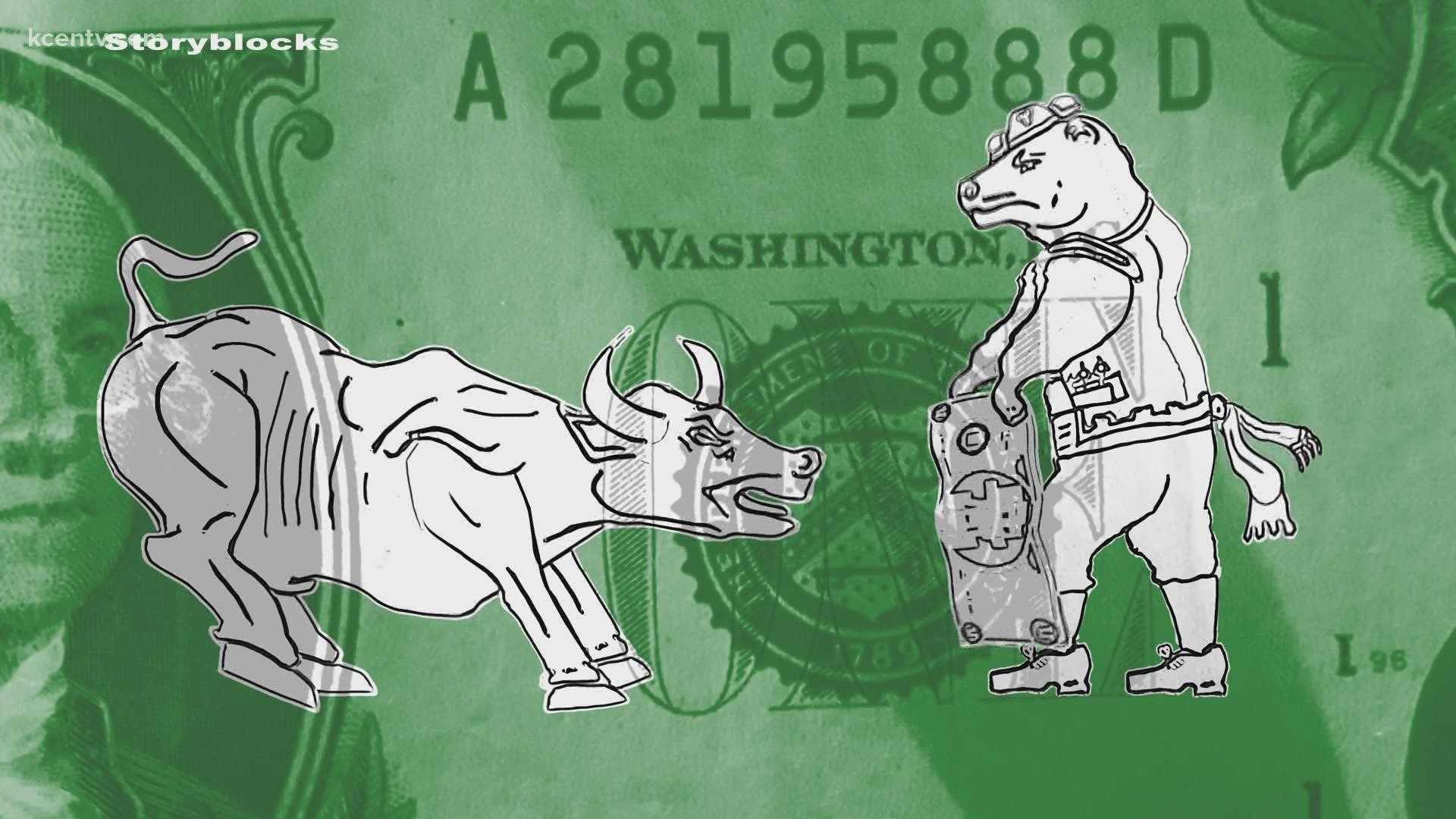TEMPLE, Texas — The stock market is off to its worst start to a year since 1939. This indicates that we could be heading towards a 'Bear Market'. After over a decade of positive returns and the current record long 'Bull Market', those of you that have been checking your statements certainly know the difference in what's happening.
Understand that a 'Bull Market' signals rising stock prices and a strong economy, while a 'Bear Market' signals falling stock prices and possibly a weak economy. Understanding the difference between the two is crucial to any type of investor.
"So when you're talking about 'Bear and Bull' markets ... the difference lies in the expected outcome," said Financial Advisor Rolandus Johnson. "So, with a 'Bull Market' everyone is expecting the market to rise. Or your investments to gain value. Monthly, quarterly, yearly, in a 'Bear Market' it's just the opposite in the 'Bear Market' the outlook of the market is more on a negative side. And so, you know, you could see drops and huge drops in the value of your portfolio."
There have been 28 'Bear Markets' since 1928. The average decline was 35%, and the average length of time was 289 days.
"Look at the people from 2008 who stayed consistent," said Johnson. "And took the emotion out of it, those people are sitting pretty right now. Because the market did so well since that time frame. There's been a couple of down years for sure, yeah, but overall, they are probably speaking with their advisor, and they are saying to themselves, 'I’m glad that I stayed consistent'.
So, if you're wondering if you should try and time the market, Johnson said, no, get in and start putting your money to work.
"If long term is your goal there is no bad time to get in," said Johnson. "At some point in time the work that you are doing now like in a down market or a volatile market if you will it's going to pay huge dividends, you're going to come out looking like a rock star!"
And here’s how you’ll make money. It's called dollar cost averaging. Meaning if you are funding a 401k or other type of retirement, when the market and stock and or fund prices drop, you are buying on sale, so that when it comes back, and it has 100% of the time, your investment grows with compounding interest.
“It all depends on your time horizon, if you're in the market for short term games in a bear market you may not want to be in, right," said Johnson. "Because you can have your money in there and in two or 3 days later you lose 10 or 15 percent of your value."
Again, a 'Bear Market' is defined by 20% losses from market highs and a 'Bull Market' is 20% increases. The current 'Bull Market' that started in March of 2009 is the longest 'Bull Market' in history. It's topped the 'Bull Market' of the 1990s that lasted 113 months. But our current streak is now in jeopardy, after the bad start to the year.
Time will tell.
Also on KCENTV.com:

